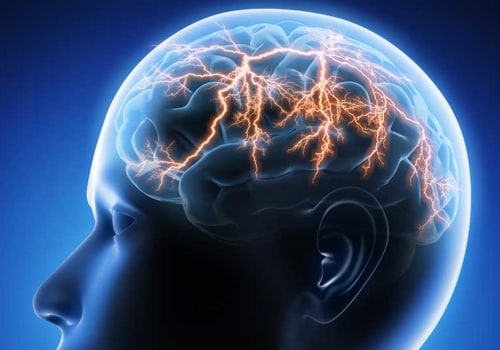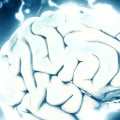The American Medical Association (AMA) classified alcoholism as a disease in 1956 and included addiction as a disease in 1987. This was a major milestone in the understanding of addiction, as it shifted the perspective from one of moral failing to one of medical illness. While some people may still argue that addiction is not a disease, most medical associations, including the American Medical Association and the American Society for Addiction Medicine, define it as such. Accepting addiction as a disease does not condone the behavior, but it can help to alleviate the destructive self-judgment that often accompanies it. This is because the brain of a person with an addiction responds differently to “choice” and “free will” than the brain of someone who does not have an addiction.
For those with addiction, it is a progressive and recurrent illness that requires intensive treatments and ongoing aftercare, monitoring, and family or peer support to manage their recovery. In recent years, clinical leaders have tried to adapt intervention approaches to specific influences affecting addictive behavior. This involves using therapeutic interviews to discover the factors that led a person to adopt addictive and unhealthy sources of pleasure or to alleviate pain. The most accepted addiction model today is the disease model, which defines addiction as an illness that involves biological and genetic factors.
Compared to the past, ideas about addiction have changed dramatically. This has led to greater public awareness, a decrease in stigma, an increase in research, and the development of successful prevention efforts and treatment methods. People with addiction can still stop using substances, although it is much harder than for someone who has not become addicted. The 13 principles of effective drug addiction treatment were developed based on three decades of scientific research.
These principles include: early intervention; individualized treatment; comprehensive care; addressing co-occurring disorders; medication-assisted treatment; relapse prevention; family involvement; long-term follow-up; recovery support services; gender-specific treatment; trauma-informed care; cultural competence; and integration of services. While many people don't get the treatment they need for their illnesses, help is available for those with addiction. Addiction Center receives advertising payments from treatment providers who respond to chat requests on websites and is not associated with any specific treatment provider. The Addiction Center does not endorse any treatment center or guarantee the quality of care provided or the results that will be obtained at any treatment center.






